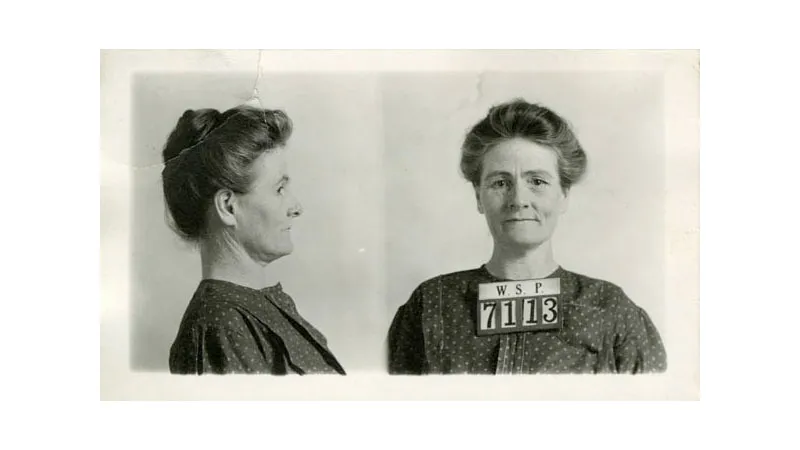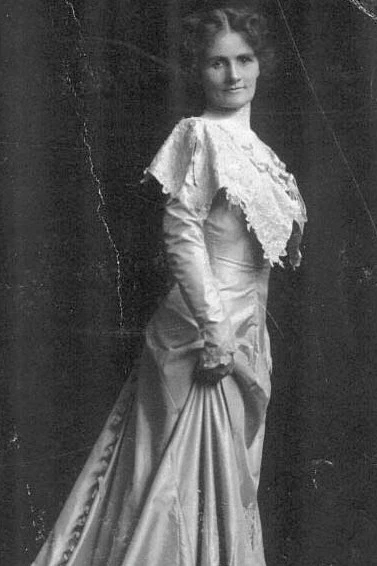In the annals of history, there exist figures whose lives seem more like dark fables than reality. Linda Hazzard is one such individual—a woman whose name became synonymous with extreme health practices, controversy, and tragedy. Her story is one that grips the imagination, a cautionary tale of the dangers of unchecked ambition and the thin line between healing and harm.
Born in 1867, Linda Burfield Hazzard grew up in Minnesota, United States, where she developed an early fascination with health and alternative medicine. She was denied formal medical training,and instead embraced loopholes which allowed her to call herself a medical doctor as a dietician. Rejecting conventional practices, she became an advocate for what she termed "fasting therapy". It was this philosophy that would define her life's work and ultimately lead to her infamy.
Hazzard's approach to healing was radical and controversial even in the early 20th century. She believed that fasting could cure virtually any ailment, from minor maladies to serious diseases. Her clinic, located in Washington State, drew people from around the world seeking relief from their afflictions. But behind the facade of healing lay a darker reality.
Patients who came to Hazzard's clinic were subjected to extreme fasting regimens, sometimes lasting for weeks or even months. They were given little to no food and were instead encouraged to consume only small amounts of broth and water. Hazzard claimed that fasting would cleanse the body of toxins and promote healing, but in reality, it often led to severe malnutrition, organ damage, and even death.
Despite numerous warnings and reports of deaths linked to her treatments, Hazzard continued to operate her clinic, evading legal repercussions through a combination of cunning manipulation and questionable legal maneuvering. It wasn't until the tragic death of Claire Williamson, a wealthy British woman who died under Hazzard's care in 1912, that authorities finally took action.
The ensuing trial captivated the public imagination and shed light on the dark underbelly of Hazzard's practices. She was ultimately convicted of manslaughter and served two years in prison, but even this did not mark the end of her influence. Upon her release, she resumed her fasting practice, albeit on a smaller scale, until her own death in 1938.
Today, Hazzard's story serves as a cautionary tale—a reminder of the dangers of unchecked hubris and the importance of critical thinking in matters of health and wellness. While her name may have faded into obscurity, her legacy lives on as a sobering reminder of the extremes to which humanity can be driven in the pursuit of health and longevity.












Comments